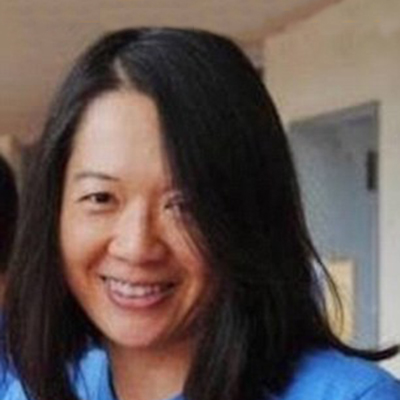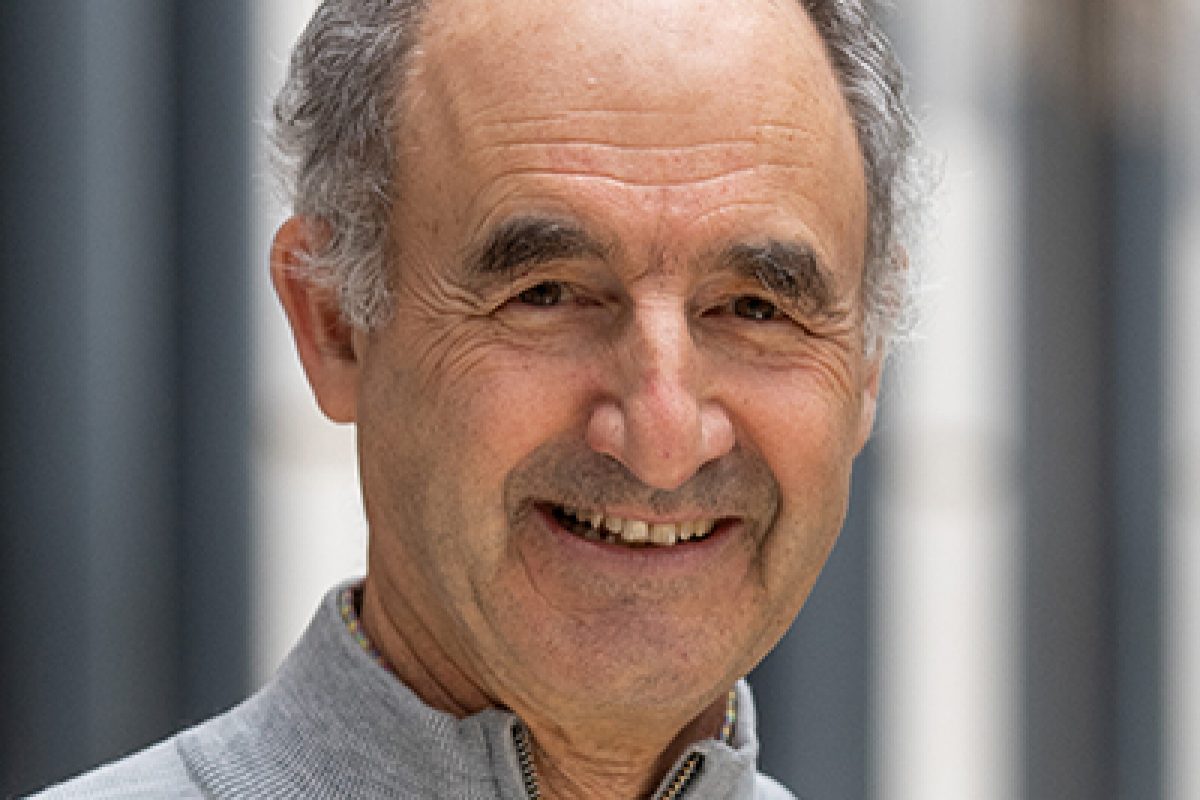Biography
Charting the morphology and cytoarchitecture of the left and right hippocampus in postmortem tissue. Neurology, biology, and neuropsychology of beauty and aesthetics. Research Description: Cognitive neuropsychology; function localization in the human brain. Conceptual organization in long term semantic memory. Hemispheric specialization. Beauty and face. Symmetry and asymmetry in human faces. Click here to go to her web site





